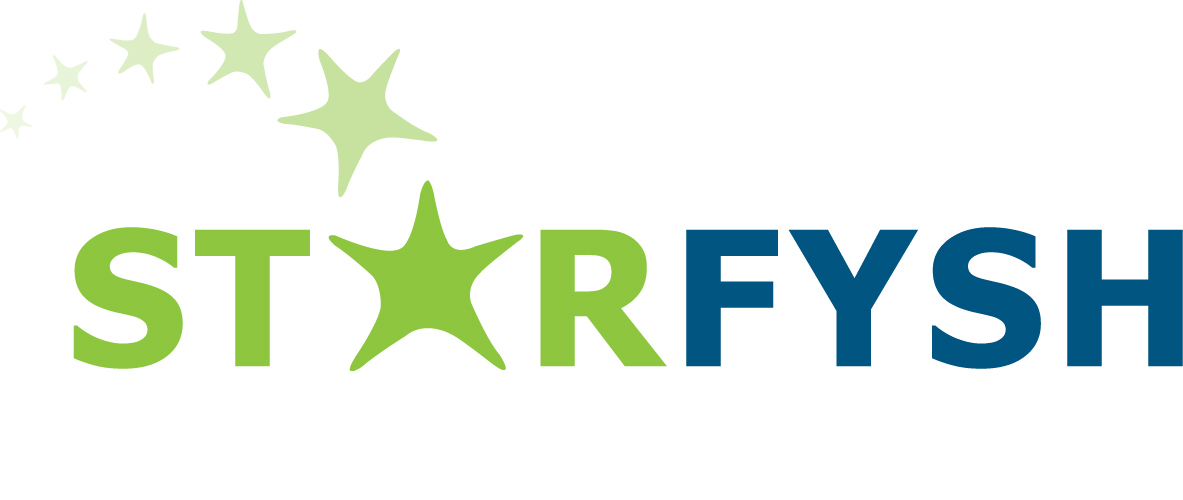Read about current projects, new initiatives, and how you can support and be praying for the work we are doing on the island of La Gonave. Newsletter. Our Summer newsletter is filled with news and photos from Haiti. Download a copy or send us your mailing address to be added to our mailing list.
